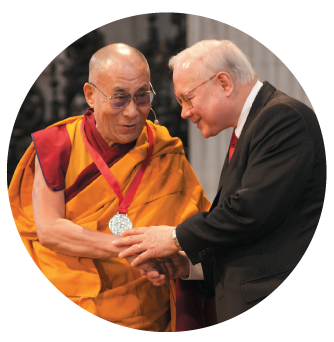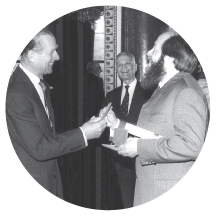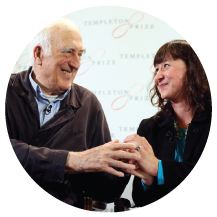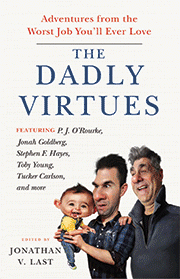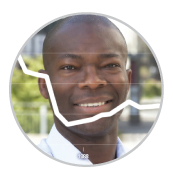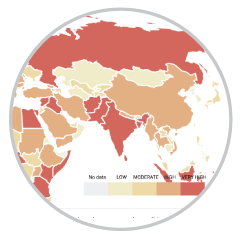Ancient Traditions, Modern Perspectives
Exploring theology and its connection to science and society
With a grant from the John Templeton Foundation, the Center for Christian Thought at Biola University is asking new questions of Christianity and opening fresh, provocative conversations that go beyond the
classroom and into the pews. How does Christian wisdom speak to a broken world? How does Christian faith shape culture and transform
individuals? How might recent discoveries in the sciences inform key aspects of Christian faith? In addition to research in these
and other areas, online resources, discussions, and lectures help explore Christianity's foundational teachings in a modern context.
A project at the University of Oxford is seeking to expand our understanding of Special Divine Action and what it means for
our lives. Is God still involved? Does science rule out the possibility of miracles? This project supports research on these and
related questions, along with the development of a number of resources and activities targeted at the general public.
Eastern
traditions such as Daoism, Confucianism, and Buddhism provide the motivation for an initiative led by P.J. Ivanhoe at the City
University of Hong Kong. The project, Eastern and Western Conceptions of Oneness, Virtue, and Human Happiness, will explore
questions related to the self and human nature in the light of modern scholarship in psychology, ethics, and the three traditions
above.
Bridging Religion and Philosophy
Expanding the way we think about faith
The Closer to
Truth series promotes new thinking about God and a willingness to humbly explore new spiritual information. Through conversations
and debates, the world's greatest thinkers explore questions of existence, consciousness, God, creativity, science, philosophy,
cosmology, and culture. These conversations are brought into the marketplace of ideas via television episodes, online videos, and
podcasts.
Pushing into the realm of philosophy of religion, Jeff Speaks of the University of Notre Dame asks how we can
discover the properties of God and how God can be grasped. This project looks at precise qualities of God, challenging how we answer
our deepest questions about spiritual realities.
Our Place in the Story
Seeking human purpose and
meaning, understanding the role of religion
Science, biology, and faith come together in BioLogos, the mission of which is
to encourage research that explores and explains creation in light of evolution. Projects seek to harmonize evolution and
Christianity, probing deeply into science and theology, while making findings available to the church.
The Immortality
Project at the University of California, Riverside seeks answers to questions of perennial concern, such as whether (and in what
form) persons survive or could survive death. It also asks questions about our beliefs concerning the afterlife—where these beliefs
come from, for example, and the difference that such beliefs (or their absence) make in our lives. Research projects by scientists,
philosophers, and theologians are pursuing these and related questions in hopes of significant discovery.
The Pew-Templeton
Global Religious Futures Project brings the data behind worldwide faith and religion, helping us to understand the impact, with
concrete numbers, of religion on people and societies. What are the global changes in religion? How will fertility affect the future
of religion? Where is religious belief increasing, and where is it decreasing?


